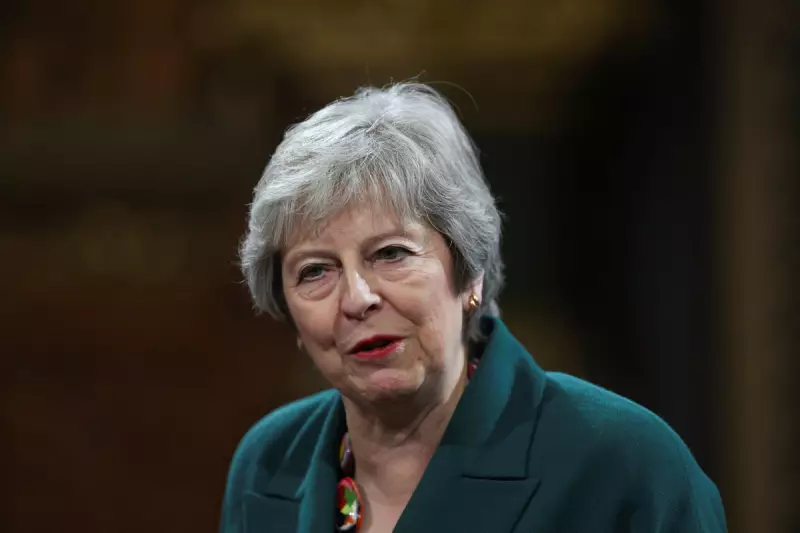
In a dramatic Commons confrontation that laid bare the deepening divisions within the Conservative Party, former Prime Minister Theresa May launched a scathing assault on her own government's environmental and immigration policies.
The Maidenhead MP delivered her blistering critique during a debate on the King's Speech, taking particular aim at the government's recent retreat from net zero commitments and the controversial Rwanda asylum scheme.
Net Zero Backtrack Draws Fire
Mrs May expressed profound disappointment at the government's decision to "water down" crucial net zero targets, warning that such moves would damage both the environment and Britain's international standing.
"The problem with today's announcement on the car and boiler policies is that it risks making our country poorer," she declared, highlighting how climate leadership drives economic innovation and creates high-skilled jobs.
Her intervention comes after Rishi Sunak delayed the ban on new petrol and diesel cars from 2030 to 2035 and weakened plans to phase out gas boilers.
Rwanda Policy Faces Scrutiny
The former Prime Minister also turned her fire on the government's flagship Rwanda policy, questioning its effectiveness and raising concerns about the precedent it sets.
She challenged ministers to explain how the scheme would genuinely deter Channel crossings, pointing out that similar approaches had failed to reduce illegal migration during her own tenure.
Broader Conservative Divisions Exposed
Mrs May's remarkable broadside highlights the ongoing ideological battles within the Tory party, particularly between its moderate and right-wing factions.
Her comments reflect growing unease among some Conservatives about the direction of government policy on both environmental and immigration matters.
The speech serves as a potent reminder that despite no longer holding the reins of power, Mrs May remains a significant voice within British politics, willing to challenge her own party when she believes it's straying from responsible governance.





